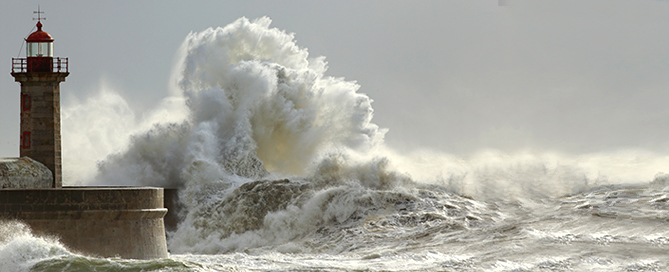The regulation of an incident within the insolvency proceedings has not changed in Law 16/2022, of 5thSeptember, which reforms the Consolidated Text of the Insolvency Act (hereinafter “IA”), so that the provisions of the latter text continue to be in force.
With regard to the scope of application, all of the questions raised during the insolvency proceedings and which do not have a procedure indicated in the IA, such as actions which must be brought before the judge of the insolvency proceedings, will be processed via a channel for incidents within the insolvency proceedings.
In so far as the process is concerned, this shall take place in the form established in the Civil Procedure Act (hereinafter, “LEC” – Ley de Enjuiciamiento Civil) for verbal hearings although they will contemplate the particularities established in the Insolvency Act.
As for the proposition of evidence, as a general rule, they shall be proposed in initial written pleadings (of claim, and/or response-defence), and their admission to the proceedings will be decided by means of a court order.
This general rule includes among others the Judgment given by the Provincial Court of Badajoz of 28thDecember 2022 (ECLI:ES:APBA:2022:1647), which explains the following with regard to the right to propose evidence:
“As reiterated constitutional doctrine has declared, we are dealing with a right of legal configuration that must be carried out within the legal framework established in the legal System with respect to its exercise (SSTC 173/2000, of 26th June 2000, FJ 3, and 167/1988, of 27th September, 1988, FJ 2). And the legal framework sets forth that evidence is proposed, in incidents in the insolvency proceedings, with the claim and with the statement of defence”.
There are two exceptions to this general principle.
The first is the possibility for the claimant to propose the documentary evidence relative to the grounds the relevance of which is brought to light as a consequence of the allegations made by the defendant in response to the claim.
This is reflected, among others, in Judgment of the Provincial Court of Murcia of 20th October 2022(ECLI:ES:APMU:2022:2554), which indicates that the claimant creditor is entitled “to be able to provide documentary evidence aimed at refuting these allegations, under the protection of art. 265LEC, and this is imposed by a constitutional reading of art. 539. 1 TRLC, on the understanding that the proposition of evidence in the pleadings in the incident in the insolvency proceedings is limited to that which supports the respective claims (in the case of the claimant, the facts constituting the claim, and in the case of the defendant, the extinctive, excluding or enervating facts), but does not refer to that aimed at disproving the facts introduced in the response filed by the defendant”.
A concision of this first exception may be found in article 338 of the LEC, which allows the parties to contribute opinions, the necessity and usefulness of which are raised in the response to the claim, and which must be provided for their transfer to the opposing parties at least five days before the trial or hearing is held.
The second exception consists of the possibility of providing means of evidence relative to the matter, according to the date, knowledge or possibility of obtaining them, that is: (i) that they are dated subsequent to the claim or the response thereto (provided that they could not have been prepared nor obtained prior to such procedural moments); (ii) that they are of a prior date, when the party filing them can justify that they had no prior knowledge of their existence; (iii) it has not been possible to obtain them due to causes which are not attributable to the party and having previously carried out their designation. In these cases, the other parties may, at the hearing, allege the inappropriateness of allowing said means of evidence as they do not fall within any of the legal premises. The court decides upon this on the spot and if it detects any delay tactics or procedural bad faith, it may furthermore impose a fine oscillating between Euro 180 and Euro 1200.
In the event that a hearing is held, it shall proceed in the form established in the LEC for verbal hearings, albeit with the particularities set forth in the IA for incidents within the insolvency proceedings, the most notable being the duty to present to the parties a verbal procedure with conclusions following the submission of evidence (unlike verbal hearings, wherein it is not obligatory to comply with this procedure).
Finally, it is noteworthy that “ficta confessio” (implicit confession) is a discretionary faculty of the court, which may only operate if the interrogation of the party has been proposed in a timely manner and in due form, and that, in any case, before applying it, the court must consider “whether there is other adequate evidence to prove the relevant facts of the dispute that are the subject of controversy. STS 21/2021, of January 21.” (Judgment of the Provincial Court of Madrid of 15th October 2021 (ECLI:ES:APM:2021:12739).
Mireia Bosch
Vilá Abogados
For more information, please contact:
10th February 2023



